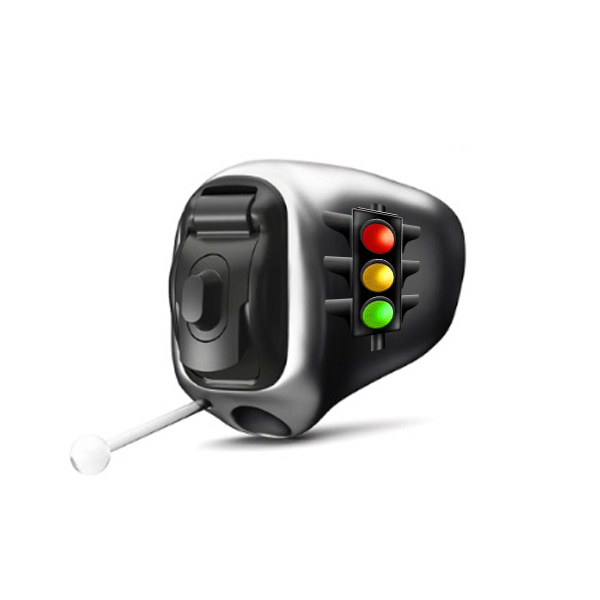Blog
Perfecting the Art of Tuning Out
I discovered I suffer from ‘Selective Hearing.’
I booked a hearing appointment with an audiologist sometime back, and the doctor asked why I was there. I shared that my husband stated that I might be hearing impaired. We went through the entire test, and when I came out with perfect hearing, the doctor indicated that my issue’s prescription was probably Selective Hearing.
Selective Hearing refers to individuals’ tendency to pay attention to certain things while ignoring others, often in a manner that aligns with their preferences or biases. It’s colloquially used to describe someone who only hears what they want to hear or chooses to ignore information that doesn’t suit them. I’m no expert in the fine details of Selective Hearing. Still, if you were watching from the sidelines, you’d likely conclude that serious hearing deficiencies are at play—especially when specific conversations magically go unheard.
Interestingly, studies have shown that males often fail to hear their partners more frequently than women. I can make some easy assumptions around this, but how people are socialized contributes to contextualizing this behaviour. Other studies suggest this is a misconception rather than a biological fact. It’s best to think of Selective Hearing as how men and women listen and process communication differently.
When sports are on television, tuning out will naturally occur. No remote exists that one can press to increase their husband’s Hearing, especially when sports are on. Zilch. Selective Hearing is not a disorder but a natural occurrence. Many see it as a choice.
Interestingly, “I didn’t hear you” often means “I wasn’t listening or interested in what you were saying,” with a touch of plausible deniability. Compliments come through loud and clear, whereas criticism and honey-do tasks like taking out the trash get lost in translation. Selective Hearing is a remarkable phenomenon. For example, “Are you finished eating that?” is crystal clear, but “Can you help me with that?” fades into static.
It’s the art of turning ‘nagging’ into ‘napping’ with a skill that would make a sound engineer jealous. A whisper about barbecuing can cut through any noise, but a request to mow the lawn or go on a grocery run gets lost in the frequency range. Selective Hearing for males can be a survival skill honed for years by tuning out the exact pitch of chores, responsibilities and any unsolicited advice. The auditory equipment of an out-filter that blocks out anything remotely connected to ‘responsibility’ or ‘effort.’ It’s fascinating. It can alter one’s Hearing, so requests like “Can you fix this?” sound like “blah, blah, blah.” As much of a disadvantage, it is quite a superpower.
Selective Hearing is evidence that the brain can master the art of hearing what it wants to hear and ignore what it doesn’t. The ears become experts at dodging bullet points from conversations about chores, errands, and everything else inconvenient.
But it’s not something that only happens in relationships; it’s all around us. Politicians only hear what aligns with their agendas, ignoring opposing views so they sound perpetually tuned into a one-station radio. It’s in workplaces where employees can miraculously mishear responsibility and deadlines but have clear receptions for any mention of bonuses or team experiences. It’s in parenting where kids start to develop it, missing the call to clean their room and address their responsibilities but catching the mention of dessert or extra screen time. In social media it confirms one’s beliefs while ignoring contradictory evidence, making the feed an echo chamber. In customer services, it lives as quickly resolved complaints are embraced at the cost of tuning out the more complex issues. In sports, athletes might ignore coaching critiques but be ready to catch praise. In advertising, especially pharmaceuticals, consumers can tune out the product disclaimers and only hear the appealing benefits or promotions. You will even find it in meetings, where those in attendance might ignore items on the agenda that don’t interest them but become attentive when topics relevant to their departments surface.
All areas that make it clear that Selective Hearing is not necessarily age or relationship-related. It only appears to have a more robust rooting in that dynamic. It’s all around us and isn’t limited to any particular sphere of life.
Though I suspect, like others, I may suffer from it, the good stuff manages to get through, which for me is no different from having a hearing aid dialled down low because we can all hear a whisper but choose not to hear a yell.

